Whiskey: Important Facts, Health Benefits, and Recipes
Explore the world of whiskey with our ultimate guide, covering its history, health benefits, types, classic cocktails, and storage tips for enthusiasts.
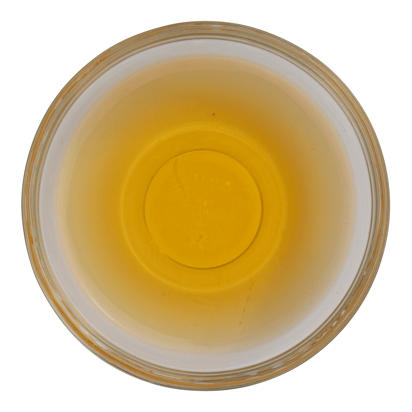
Nutritional Facts
1 fl oz
Amount per serving
Calories
69.5
Carbohydrates
0 g
Fat
0 g
Protein
0 g
Saturated Fat
0 g
Sodium
0 mg
Fiber
0 g
Sugar
0 g
Best Whiskey Recipes
-
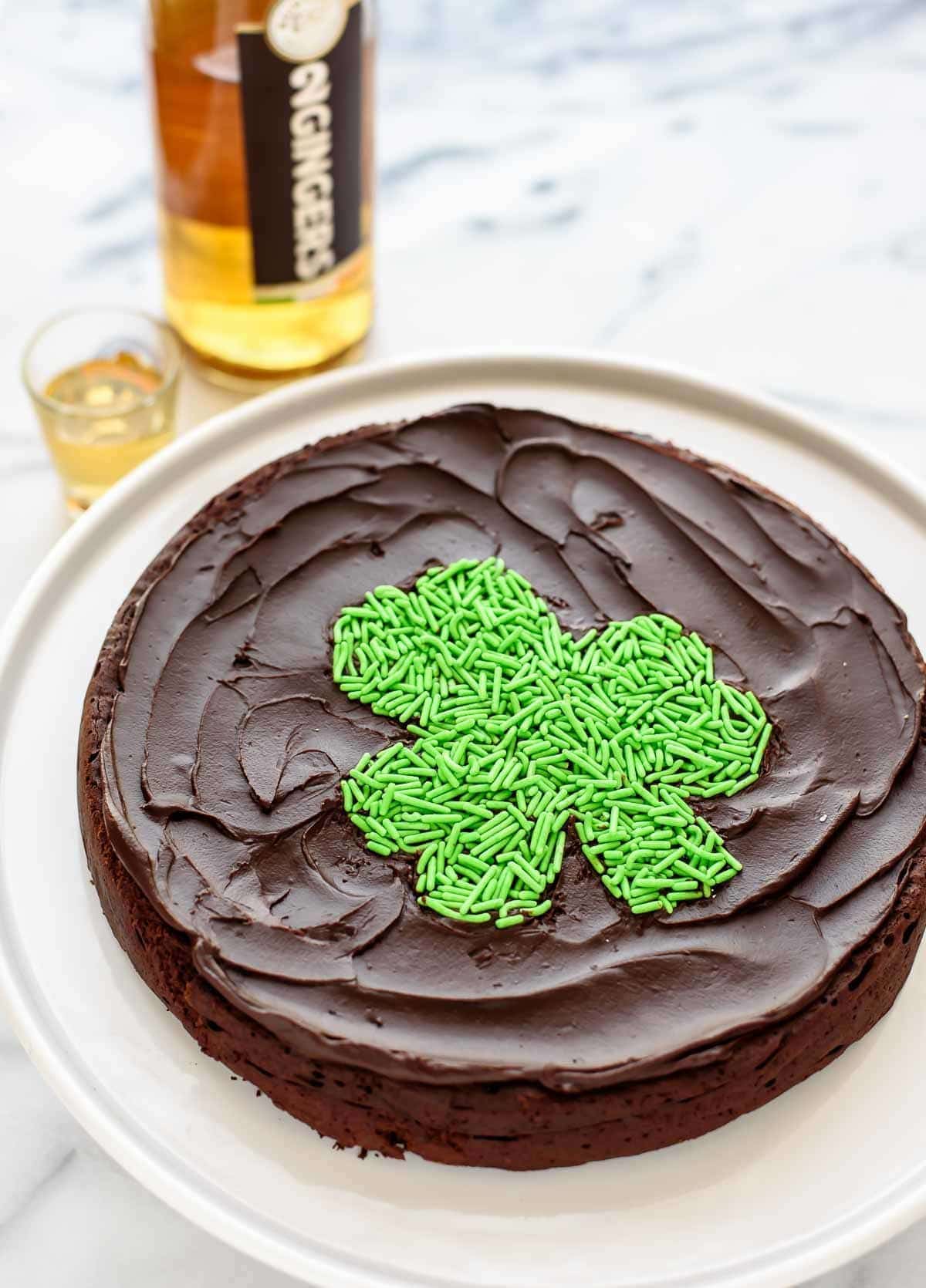
-
:max_bytes(150000):strip_icc()/Flirtini-759661-001-cfa1b475f0314d35865e364ac7010900.jpg)
-
:max_bytes(150000):strip_icc()/__opt__aboutcom__coeus__resources__content_migration__serious_eats__seriouseats.com__recipes__images__2017__02__20170109-amaro-whiskey-coffee-vicky-wasik-2-2e43b9d949e745099f8f948dbc2e0308.jpg)
-
:max_bytes(150000):strip_icc()/baltimore-bang-56a174073df78cf7726ac5aa.jpg)
-
:max_bytes(150000):strip_icc()/sazerac-cocktail-recipe-760604-hero-01-cb5dd2089d204bdd9745e46fd4eef597.jpg)
-
:max_bytes(150000):strip_icc()/__opt__aboutcom__coeus__resources__content_migration__serious_eats__seriouseats.com__recipes__images__2013__03__20130310-243948-bar-bites-irish-cheddar-fondue-with-stout-and-whiskey-ad40b5c8912246dcbdddf13d598844a8.jpg)
-
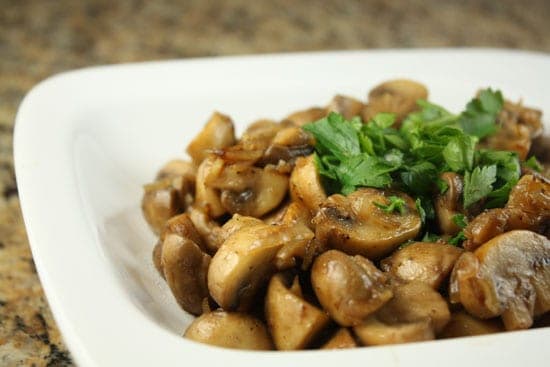
-

-
![Pumpkin Bread Pudding with Whiskey Cream Sauce Image]()
-
![Whiskey Lemonade Recipe with Honey Simple Syrup Image]()
-
![Apple Cider Sangria Image]()
-
![Homemade Shortbread Cookies (Gurabii) Image]()
-
![Almond Biscotti Image]()
-
![Easy Apple Moscow Mule Image]()
-
![Bananas Foster Bread Image]()
-
![Classic Hot Toddy Image]()
-
![Buttermilk Pie Image]()
-
![Flourless Chocolate Torte Image]()
-
![Whiskey Smash Image]()
-
![Glazed Sweet Potatoes Image]()
-
![Easy Homemade Hot Chocolate Image]()
-
![Eggnog Smoothie Image]()
-
![The Strike Zone Cocktail Image]()
-
![How to Make a Tallulah Cocktail Image]()
-
![The Best Whiskey Sour Recipe Image]()
-
![The Best Hot Buttered Whiskey Recipe Image]()
-
-
![Perfect Manhattan Cocktail Recipe Image]()
-
![Traditional Rum Eggnog Recipe for Christmas Image]()
-
![Washington Apple Cocktail Recipe Image]()
-
![John Collins Bourbon Whiskey Highball Recipe Image]()
-
![The Popular Seven and Seven Drink Recipe Image]()
-
![Classic Scottish Tipsy Laird Trifle Recipe Image]()
-
![Black Tea Hot Toddy Recipe Image]()
-
![The Classic Whiskey Highball Recipe Image]()
-
![Traditional Homemade Scottish Tablet Recipe Image]()
-
![Red Snapper Shot Recipe Image]()
-
![Hot Apple Toddy Recipe Image]()
-
![New Orleans Bread Pudding With Whiskey Sauce Recipe Image]()
-
![Apple Cider Hot Toddy Recipe Image]()
-
![Pumpkin Cheesecake Recipe Image]()
-
![Whiskey Sour Cocktail Recipe Image]()
-
![How To Make A Hot Toddy {Chamomile-Honey} Image]()
-
![Instant Pot Bread Pudding With Bourbon Sauce Recipe Image]()
-
![Traditional British Christmas Cake Recipe Image]()
-
![The Hot Toddy: Get the Recipe & Add Your Own Twist Image]()
-
![Hard Sauce Recipe for Puddings and Desserts Image]()
-
![Whiskey Sour Jello Shot Recipe Image]()



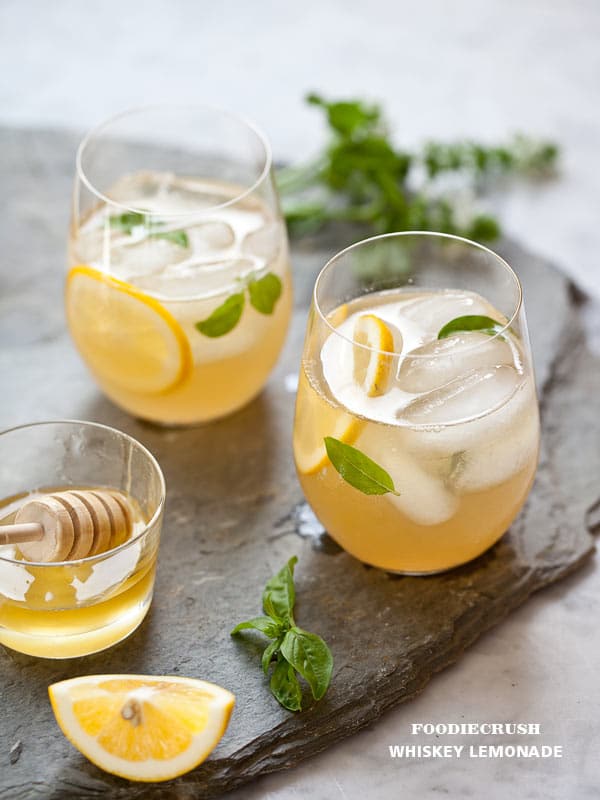
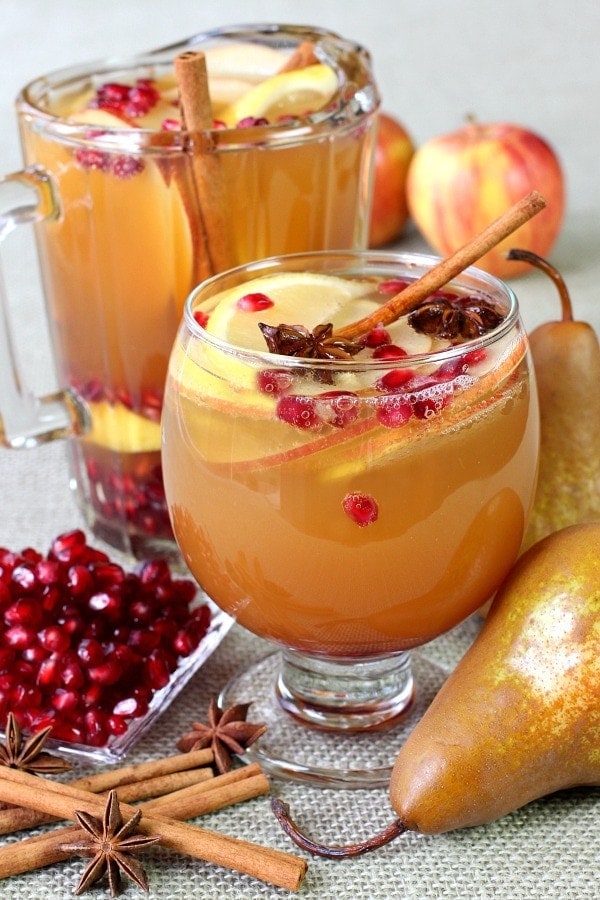
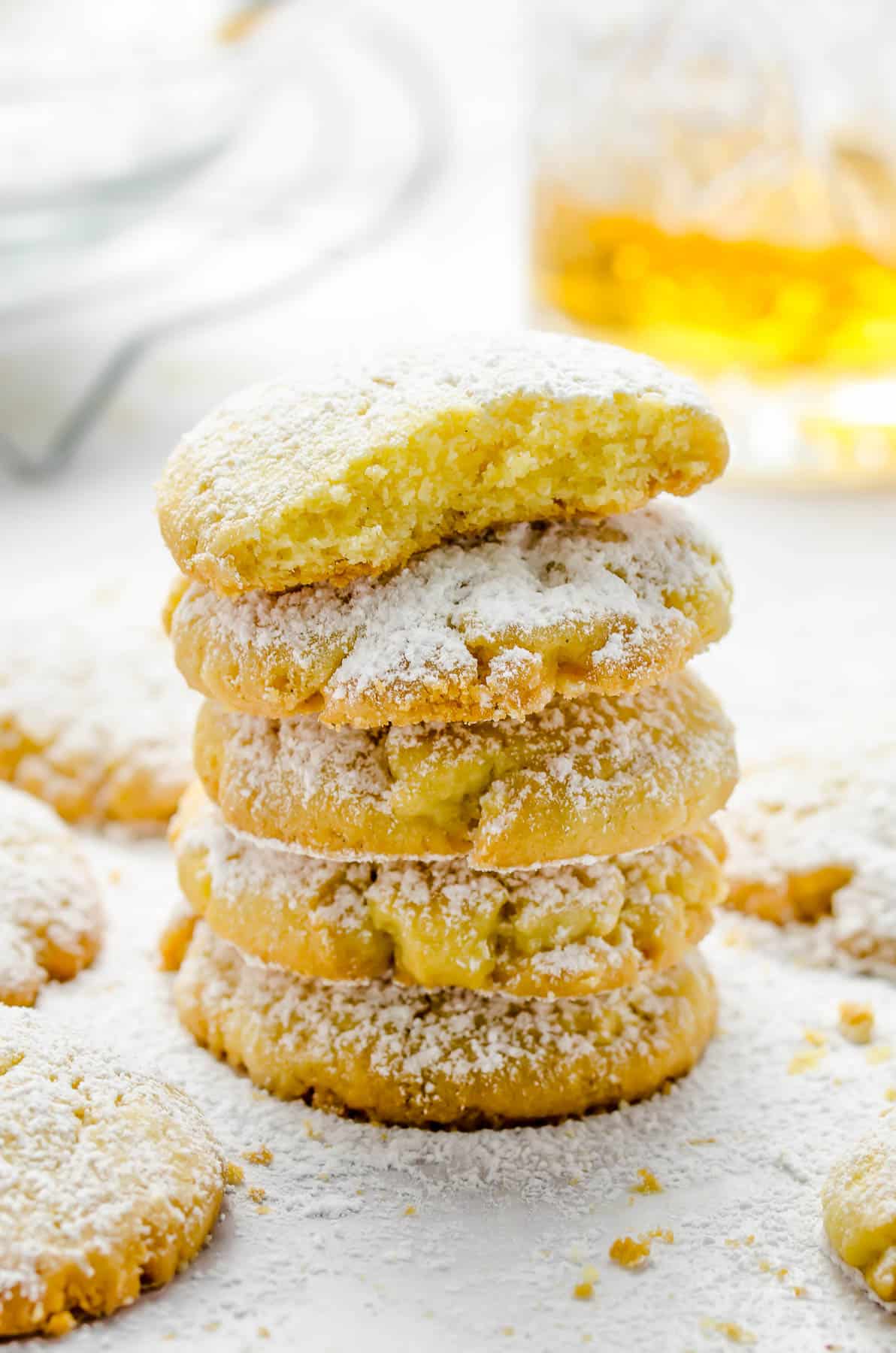


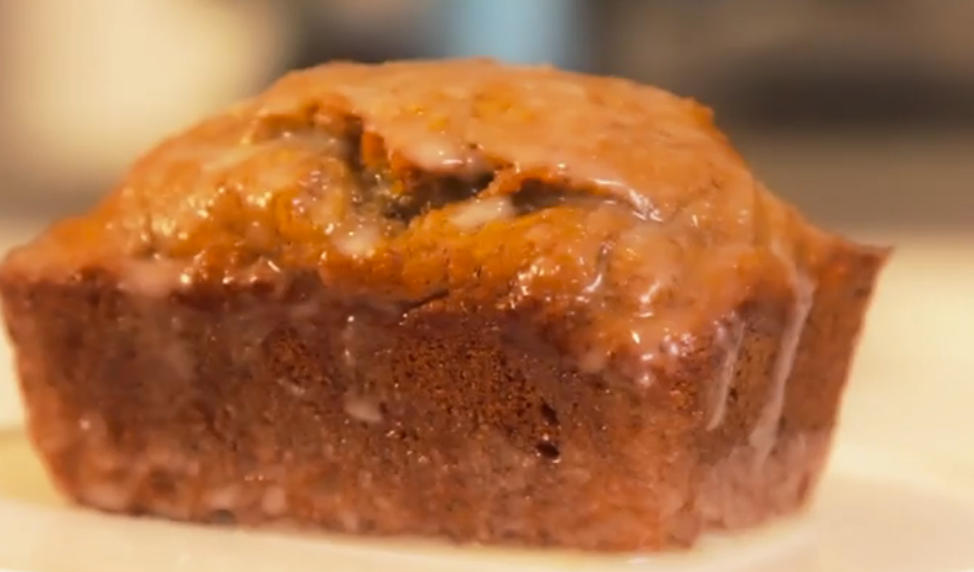
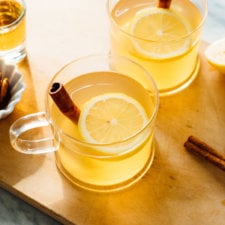






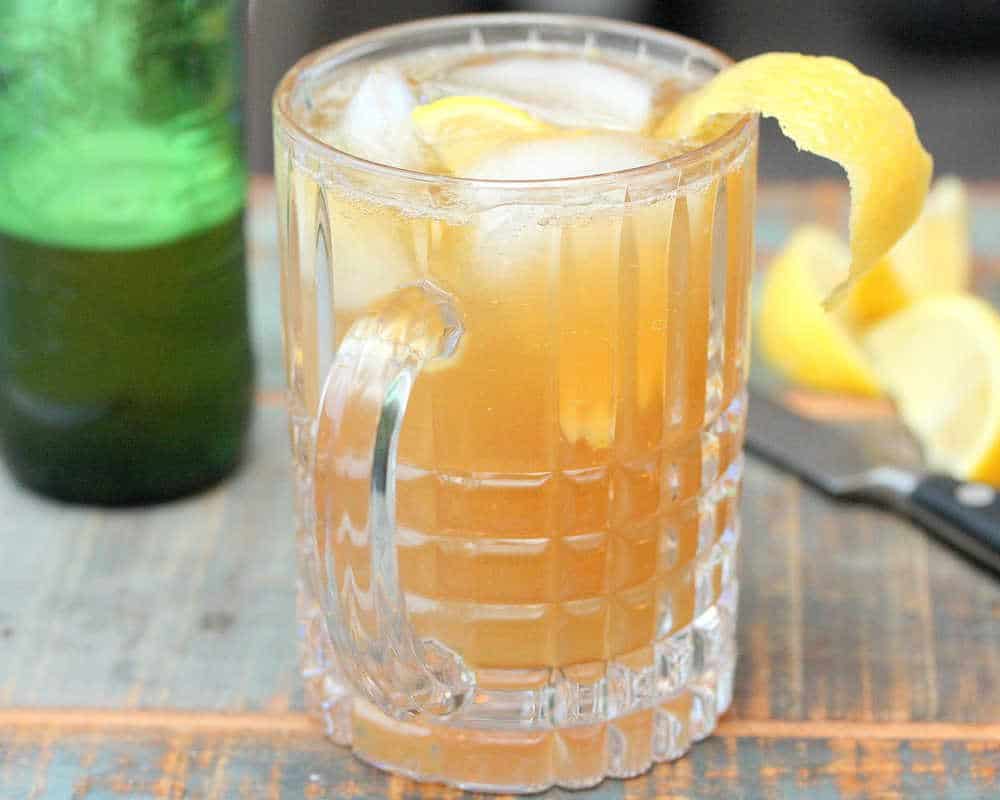
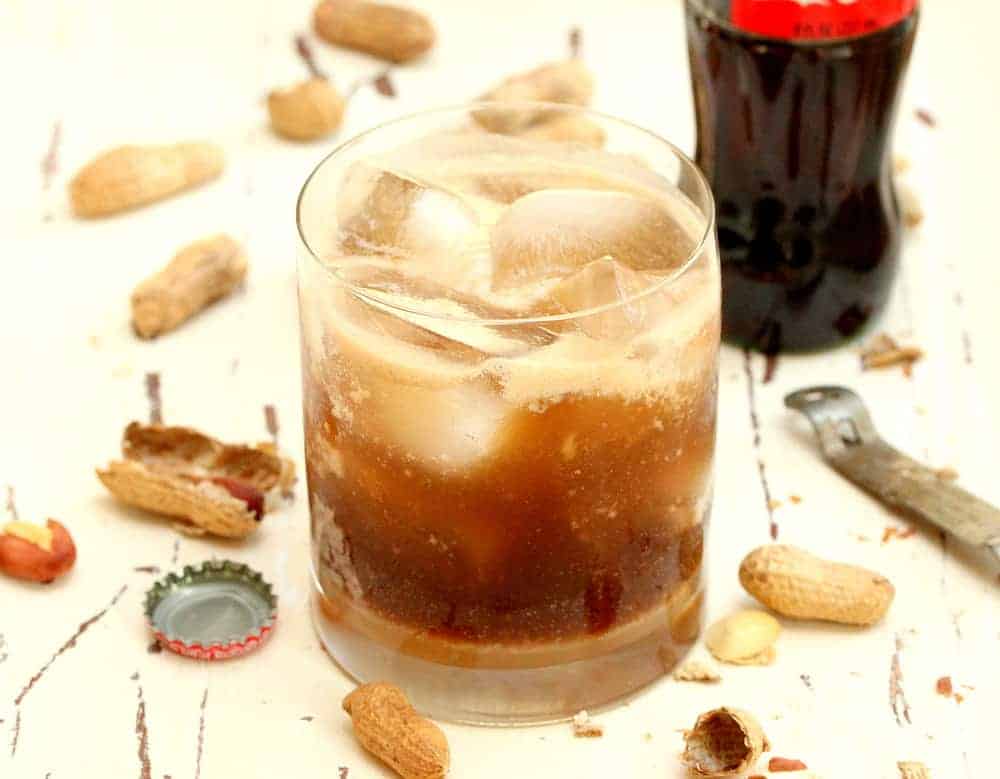
:max_bytes(150000):strip_icc()/whiskey-sour-recipe-761273-12_preview-5b16cff43de4230037767168.jpeg)
:max_bytes(150000):strip_icc()/HotButteredWhiskey-104088208-56a171d35f9b58b7d0bf5869.jpg)
:max_bytes(150000):strip_icc()/knob-creek-bourbon-manhattan-cocktail-761372-hero-01-16f412f9bfb1401baee0df35b536997c.jpg)
:max_bytes(150000):strip_icc()/rum-eggnog-recipes-760561_Hero-5b758f1446e0fb0050651795.jpg)
:max_bytes(150000):strip_icc()/washington-apple-shot-or-martini-761516-Hero-5b5f290b46e0fb00509f9bdb.jpg)
:max_bytes(150000):strip_icc()/john-collins-whiskey-highball-recipe-759714-hero-01-16a85b92c1fa41ba9d41d83eb2fdce06.jpg)
:max_bytes(150000):strip_icc()/seven-and-seven-cocktail-recipe-761496-6-5b3f72b346e0fb0037150319.jpg)
:max_bytes(150000):strip_icc()/tipsy-laird-trifle-recipe-435146-hero-02-5c01630ec9e77c0001371006.jpg)
:max_bytes(150000):strip_icc()/black-tea-hot-toddy-recipe-with-rum-764976-hero-02-5c27faed46e0fb0001f9d583.jpg)
:max_bytes(150000):strip_icc()/classic-highball-cocktail-recipe-761448-hero-02-f33520a9f6394878a6975da514613142.jpg)
:max_bytes(150000):strip_icc()/traditional-home-made-scottish-tablet-435825-hero-1-03678b319c164b4688d22a3a917f1972.jpg)
:max_bytes(150000):strip_icc()/red-snapper-shot-recipe-761625-hero-5bd9b745c9e77c00523645ed.jpg)
:max_bytes(150000):strip_icc()/hot-apple-toddy-recipe-761449-hero-02-2dec6fc4009d4c079ef8ab8c0caaa1c5.jpg)
:max_bytes(150000):strip_icc()/new-orleans-bread-pudding-4126566-hero-3-87d01a1b423d44a58cde3ed2f9866e76.jpg)
:max_bytes(150000):strip_icc()/__opt__aboutcom__coeus__resources__content_migration__simply_recipes__uploads__2019__11__Hot-Toddy-LEAD-2-9daa2d53f16144598caa98c63250037c.jpg)
:max_bytes(150000):strip_icc()/Pumpkin-Cheesecake-LEAD-3-f8e42c50f7564197bb99d25d96458770.jpg)
:max_bytes(150000):strip_icc()/__opt__aboutcom__coeus__resources__content_migration__simply_recipes__uploads__2019__09__Whiskey-Sour-LEAD-1-a6981aa2e5614f599f23c7b672ca1923.jpg)
:max_bytes(150000):strip_icc()/__opt__aboutcom__coeus__resources__content_migration__simply_recipes__uploads__2016__12__2016-12-23-Hot-Toddy-5-46c6d5bc046040fe9905aa6fc405a4c4.jpg)
:max_bytes(150000):strip_icc()/instant-pot-bread-pudding-with-bourbon-sauce-recipe-4584663-final-5c4a18a9c9e77c0001e8c7e9.jpg)
:max_bytes(150000):strip_icc()/traditional-british-christmas-cake-recipe-435111-Hero-5b91211f46e0fb00257597a6.jpg)
:max_bytes(150000):strip_icc()/hot-toddy-759692-Hero1-5b7ada5b46e0fb00504d12fc.jpg)
:max_bytes(150000):strip_icc()/hard-sauce-for-bread-pudding-3056248-Hero-1-e53ec6e6e5634294b1f041df0969cec1.jpg)
:max_bytes(150000):strip_icc()/WhiskeySour-jelloshots-567158349-576d49193df78cb62c263a5d.jpg)